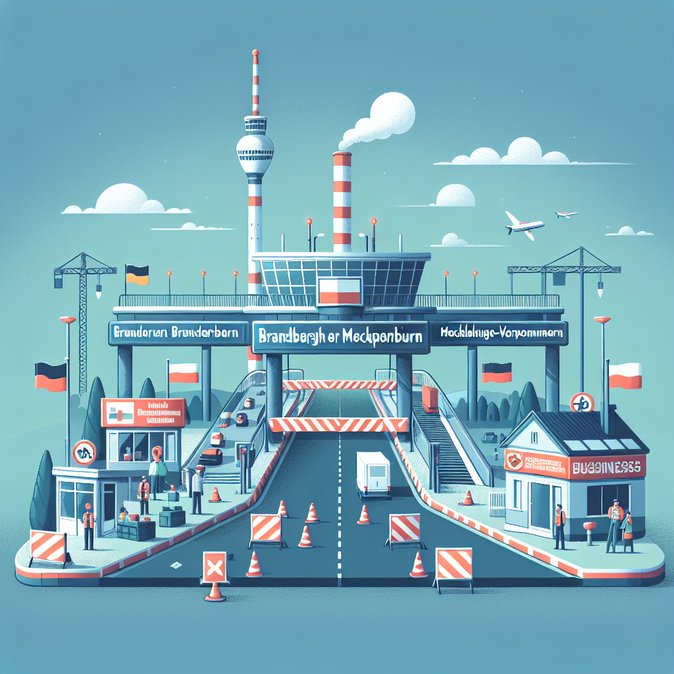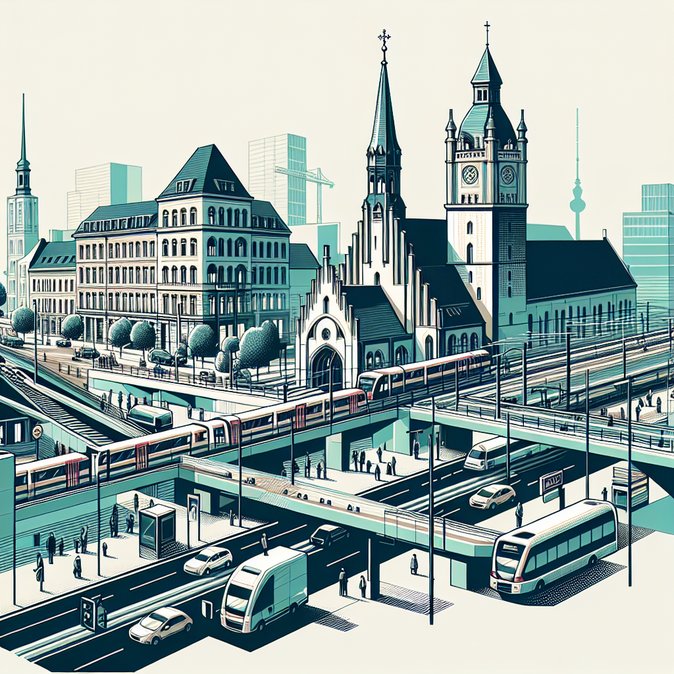
The governments of Brandenburg and Mecklenburg-Vorpommern have publicly urged Berlin to set a timetable for ending temporary border checks on the German-Polish frontier, arguing that the measure—introduced in May 2025 to curb irregular migration—has served its purpose and is now hampering cross-border commerce and commuting. In a joint letter released on 21 November, the two eastern states said businesses in the Oder-Neisse region report delivery delays and staffing shortages because workers face unpredictable waits at checkpoints.
Federal Interior Minister Alexander Dobrindt ordered the controls after a spring surge in asylum claims, deploying Federal Police units to nine land borders. Since then, officials say 18,598 people have been refused entry, and illegal-entry attempts have fallen by roughly 60 %. While Bavaria and Saxony support extending the checks, Brandenburg’s Premier Dietmar Woidke (SPD) contends the situation has stabilised: “We need a credible exit scenario that protects security without choking the regional economy.”
![German states call for exit strategy from border controls with Poland]()
Local chambers of commerce echo that view. According to the Potsdam IHK, logistics companies moving auto-parts between Szczecin and Berlin now budget an extra 30 minutes per crossing, raising costs by up to €120 per truck per day. Small retailers in border towns also complain that Polish shoppers—once a lifeline—are staying away.
The call intensifies pressure on the federal government as it prepares to review the Schengen suspension at the next EU Justice and Home Affairs Council in early December. Under EU rules, internal border controls may be extended only if the threat persists and proportionality is demonstrated. Warsaw has signalled willingness to cooperate on joint patrols as an alternative.
For global-mobility managers, the debate matters because many assignees live on one side of the border and work on the other. Companies should monitor Berlin’s decision and advise staff to carry passports and residence permits until checks are fully lifted.
Federal Interior Minister Alexander Dobrindt ordered the controls after a spring surge in asylum claims, deploying Federal Police units to nine land borders. Since then, officials say 18,598 people have been refused entry, and illegal-entry attempts have fallen by roughly 60 %. While Bavaria and Saxony support extending the checks, Brandenburg’s Premier Dietmar Woidke (SPD) contends the situation has stabilised: “We need a credible exit scenario that protects security without choking the regional economy.”

Local chambers of commerce echo that view. According to the Potsdam IHK, logistics companies moving auto-parts between Szczecin and Berlin now budget an extra 30 minutes per crossing, raising costs by up to €120 per truck per day. Small retailers in border towns also complain that Polish shoppers—once a lifeline—are staying away.
The call intensifies pressure on the federal government as it prepares to review the Schengen suspension at the next EU Justice and Home Affairs Council in early December. Under EU rules, internal border controls may be extended only if the threat persists and proportionality is demonstrated. Warsaw has signalled willingness to cooperate on joint patrols as an alternative.
For global-mobility managers, the debate matters because many assignees live on one side of the border and work on the other. Companies should monitor Berlin’s decision and advise staff to carry passports and residence permits until checks are fully lifted.











